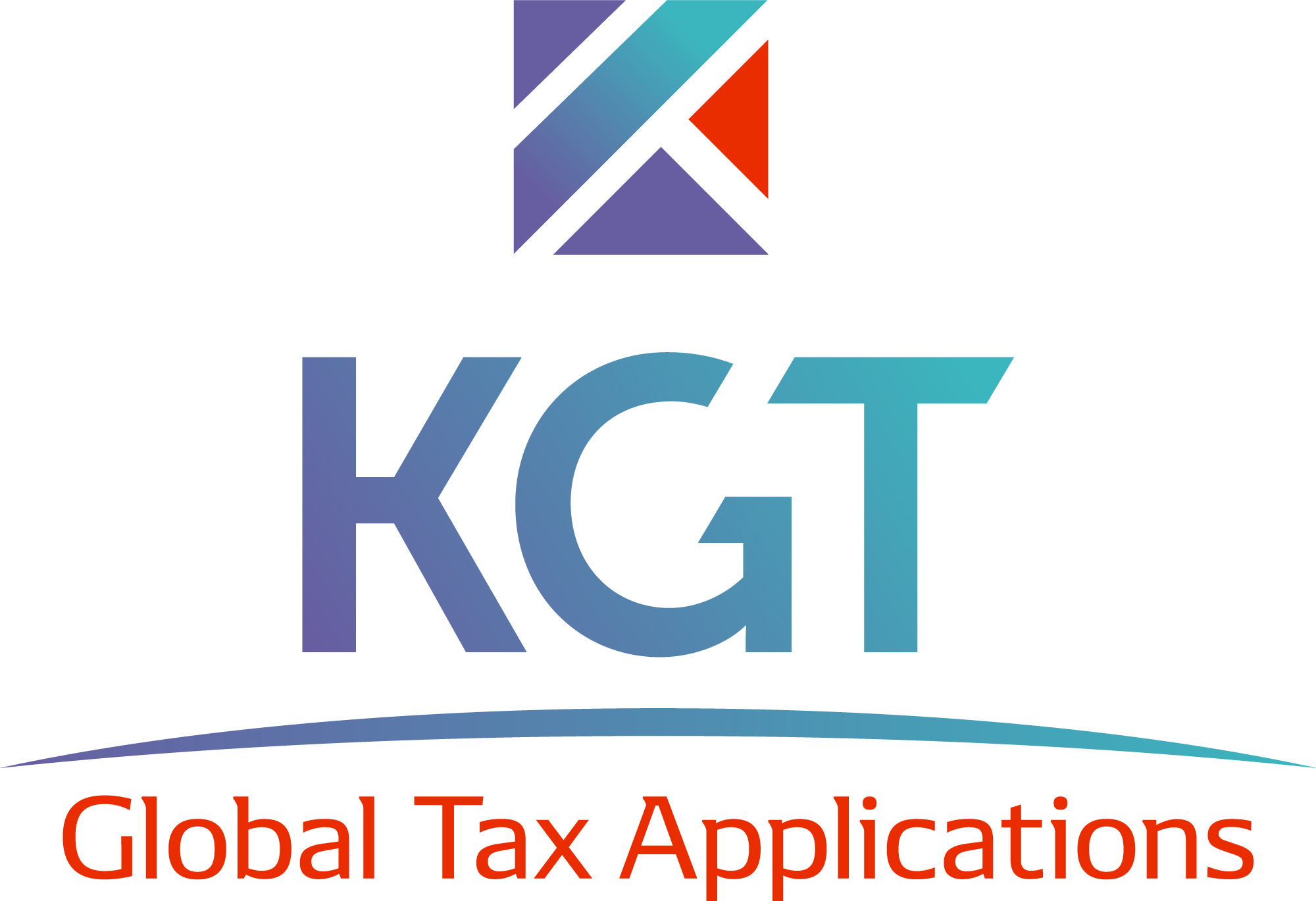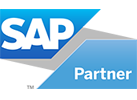Germany and e-invoicing starting January 2025

Germany submitted a request to the Commission to authorize the implementation of an obligation to issue electronic invoices for transactions between taxable persons established in Germany. This obligation would be the first step in introducing an electronic reporting system for the transmission of transaction-based data on domestic B2B transactions from taxable persons to the tax authorities.
E-invoicing will optimize accounting processes for both the supplier and the invoice recipient. To ensure the interoperability of electronic invoicing systems used in the European Union, Germany shall allow the issuance of invoices that comply with the European standard on electronic invoicing.
The EU VAT Directive requires that the use of an electronic invoice be subject to acceptance by the recipient. Therefore, the introduction of an electronic invoicing obligation in Germany requires a EU derogation so that the issuer no longer has to obtain the recipient's consent to send an invoice in a paperless format.
The Commission has authorized Germany as from 1 January 2025 until 31 December 2027.
Germany will proceed gradually with the implementation of the new law, starting with the obligation to issue e-invoices.
This phased approach allows businesses to adapt and prepare, without feeling overwhelmed by sudden changes. To avoid duplication of costs and unnecessary efforts, Germany will take into account the VAT in the digital age proposal when designing its national reporting system, aligning its system to that on that proposal.
The obligation to use electronic invoices will only apply to transactions between taxable persons established in Germany. There is no derogation from the harmonized rules on invoice data. The measure will not impact companies not established in Germany, and the right to receive a paper invoice in case of intra-Community transactions is not affected.
The new law does not include an obligation to report data such as e-reporting or SAFT yet to the tax administration. KGT expects that such obligation will be rolled out later.
How KGT can provide support?
- KGT has developed for Germany an SAP add-on, and KGT can demo the features, including risk management tools or
- KGT's support is particularly beneficial when a web-based provider is selected. These providers often lack standard E2E solutions, leading to the need for costly consultancy work. However, KGT has developed extraction logic that ensures complete tax data is provided to the vendor's cloud portal environment. This not only saves costs but also enhances data security. Additionally, KGT offers optional functionalities within SAP itself, allowing for data analysis checks before submission, further reducing the risk of non-compliance or
- KGT gets operational for its client's SAP Document Reporting and Compliance (DRC) or
- KGT developed a 'tax engine and cockpit' in the cloud that can be connected to your ERP system, regardless of whether you run SAP.

